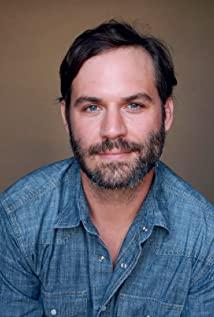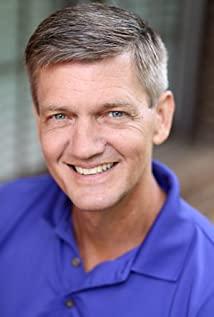The long-awaited third work of Chazelle, "First Man" shows a masterful grasp of patience and restraint, which is completely different from the previous two. Just as amazing in my opinion.
Two of my favorite parts of the film are: the moment the lunar module opens, the absolute silence that the vacuum envelops all over the body, the sound of the heart beating in the chest becomes the only murmur, and then the slow spread, breathing. Gasping. The cacophony of the radio slowly returns and is perceived. Armstrong's bulky body due to his space suit slowly climbed down the ladder, imprinting the first footprints of mankind into space on the moon.
Although the film's tone focuses on the depiction of family and father rather than the magnificent epic of man's journey into space. This moment of the moon landing, and a flash of Kennedy's speech. It can still inspire my firm belief in the advancement of human beings in technological progress.
The second part I liked was Armstrong's eye-to-eye with his wife Jane when he returned.
Because I don't think this is just a simple so-called lyrical big move, the beginning of a new life. From the moment she walked in the door, there was an unmeltable indifference and alienation on Jane's face.
Neil's reaction to this was bewildered, and there was a scene where Neil looked back and watched. For a long time Neil was filled with the grief of the passing of his daughter and the death of his companion. But when the goal of all these costs - landing on the moon - was achieved, he survived by luck.
He was trying to get back to his real life, trying to make a fresh start with a rusty and stiff kiss.
I love this kiss because it points to a fatal tragedy. The narrative of the film, after the successful return of the Atlas Arsenal spacecraft to Earth, Neil has a short but happy time with his family and friends. At this time, he was still trying to tell his friends about the death of his daughter.
I think he was still trying to live a normal life at this time, but then the Apollo spacecraft test that followed, because of a circuit failure, all three of his friends died in that test.
I think the effect of this funeral is an avalanche of things, Neil's later on the moon, and Karen's past. Because of the funerals one after another, it has become more than just the memory of her daughter. The memories contain the throbbing of the deceased colleagues, and the heart of everything sacrificed in the aerospace industry is ashes.
Neil could no longer face his wife normally, and he could only speak to his son in the same tone as he faced reporters. For him, going to the moon is no longer a great mission, as the director wanted to express, blurring the line between madness and passion.
There are some things in this world that can't be faced with optimism. He can't be cured. He can't be honored by his family and country, and neither can his faith or family. The reason why mainstream American films are keen to praise the family is mostly because the family is the most basic political and economic unit of society, and it is best to be stable.
So I finally thought that so much forbearance and restraint, a lot of white noise and silence in the movie, are all to tell that there are so many griefs that cannot be redeemed in this world.
Empathy and understanding are sometimes better than comfort and encouragement.
View more about First Man reviews











